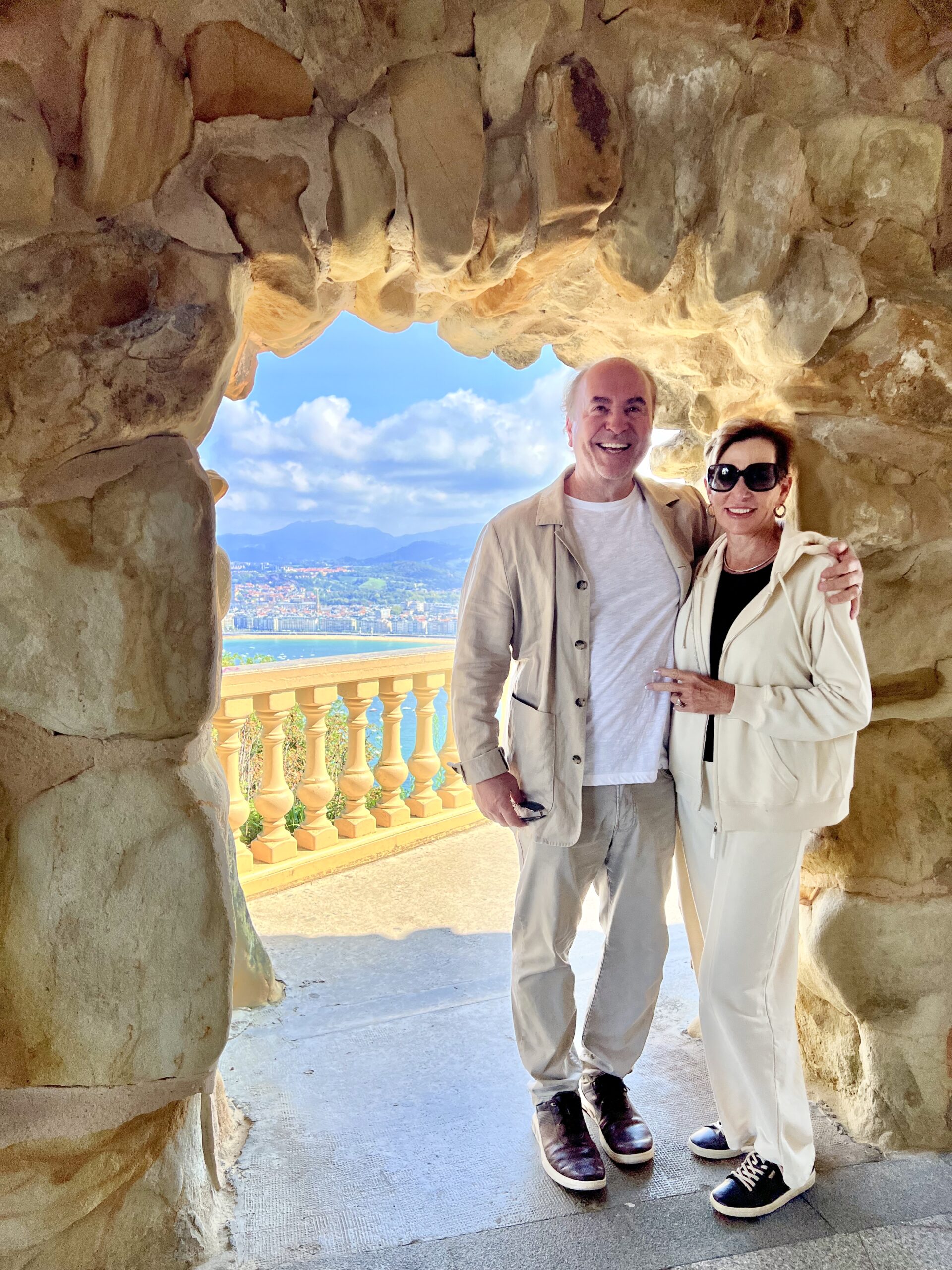People ask me this question constantly. How do you walk away from everything—a thirty-year ministry career, financial security, family approval, your entire social circle, and eventually your home country? What kind of person does that? What kind of courage does it take?
Here’s the truth: it wasn’t courage. It was survival.
When you’re dying inside, leaving becomes less scary than staying. When the cost of authenticity becomes lower than the cost of performance, the choice becomes obvious. I didn’t leave because I was brave—I left because I couldn’t breathe anymore.
The Accumulation of Contradictions
For decades, I lived a split life. Professional religious leader by day, secret doubter by night. Faithful husband in public, dying of sexual starvation in private. Creative soul trapped in institutional boxes that got smaller every year.
The human psyche can only tolerate so much contradiction before something breaks. In my case, what broke was my ability to pretend. The facade became literally unsustainable.
The Herald’s Burden
A wise psychiatrist once told me I was what he called a “herald”—someone who senses cultural shifts before they happen. This isn’t a gift; it’s a burden. You see the institutional rot before others do. You feel the cultural tremors while everyone else thinks the ground is solid.
I left evangelical Christianity in 2007 when it still looked culturally powerful. I left America after January 6th when many still believed in “returning to normal.” Being right too early is its own kind of hell.
The Economics of Authenticity
What most people don’t understand is that I didn’t leave empty-handed. I’d built multiple successful businesses outside the church. I had book royalties, real estate investments, conference income, and consulting revenue. Financial independence gave me options that others don’t have.
If your mortgage, your kids’ education, and your retirement all depend on staying in the system, leaving becomes almost impossible. I was fortunate—or strategic—enough to create economic alternatives before I needed them.
The Power of Partnership
My relationship with Gina changed everything. For the first time in my life, I experienced what it felt like to be completely known and completely accepted. She didn’t just tolerate my dreams—she championed them. She didn’t just accept my sexuality—she celebrated it.
When someone believes in your authentic self more than your performed self, it becomes easier to choose authenticity. Love gave me permission to be real.
The Luxury of Losing Everything
Here’s what nobody tells you: sometimes losing everything is liberating. When evangelical Christianity rejected me, when family members stopped speaking to me, when friends disappeared—it hurt terribly. But it also freed me from the exhausting work of managing their approval.
You can’t lose what you’ve already released. Once I stopped trying to maintain relationships built on false versions of myself, I discovered what unconditional acceptance actually felt like.
The Therapeutic Revolution
My collaboration with psilocybin therapy at Johns Hopkins literally rewired my brain’s fear responses. The treatment for PTSD—stemming from religious trauma and life deconstruction—gave me neurological courage I’d never had before.
“The fear and distress I had–have been greatly alleviated,” I told the researchers. “I’ve had more joy and peace in the last four years than I’ve ever had in my life.” When your nervous system heals, brave decisions become easier.
The Barcelona Factor
Moving to Spain wasn’t escape—it was alignment. Here, I’m not the weird ex-pastor who paints nudes, talks about consciousness expansion, and who has “gone off the deep end.” I’m just Randy, the American artist and writer who drinks good whiskey and wine, asks lots of questions, and enjoys nude beaches, tantric massage, and great sex with his wife.
Context matters enormously. Sometimes courage isn’t about changing yourself—it’s about changing your environment to one that supports who you actually are.
The Question That Changes Everything
The question isn’t “How do you find the courage to leave?” The question is “How long can you afford to stay?”
Every day you spend performing a role that isn’t you is a day stolen from the person you’re meant to become. Every relationship built on a false version of yourself is a relationship that will eventually crumble anyway.
I didn’t leave because I was brave. I left because staying had become impossible. Sometimes the most courageous thing you can do is stop being a hero and start being yourself.
The courage to leave isn’t about being fearless. It’s about deciding that authenticity matters more than approval, that wholeness matters more than security, that being real matters more than being liked.
What are you staying for? And what would happen if you stopped?
If you like this post–you would LOVE The Purging Room.

Leave a Reply